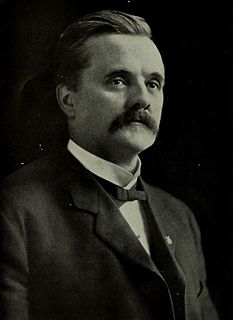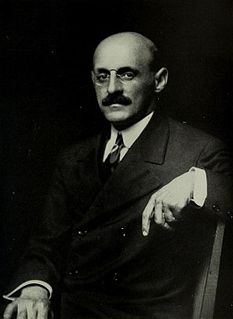A Quote by George William Norris
First, we could have defied both of them and could have gone to war against both of these nations for this violation of international law and interference with our neutral rights.
Related Quotes
Human rights and international criminal law both illustrate the contradictory potential of international law. On one level, the imposition of human rights norms is a restraint on interventionary diplomacy, especially if coupled with respect for the legal norm of self-determination. But on another level, the protection of human rights creates a pretext for intervention as given approval by the UN Security Council in the form of the R2P (responsibility to protect) norm, as used in the 2011 Libyan intervention. The same applies with international criminal accountability.
Indeed, it is impossible to be neutral. In a world already moving in certain directions, where wealth and power are already distributed in certain ways, neutrality means accepting the way things are now. It is a world of clashing interests ? war against peace, nationalism against internationalism, equality against greed, and democracy against elitism ? and it seems to me both impossible and undesirable to be neutral in those conflicts.
I believe people ought to be treated fairly under the law. I see no reason why if the marriage contract conveys certain things that if you want to marry another woman that you can do that and have a contract. But the thing is is the religious connotation of marriage that has been going on for thousands of years, I still want to preserve that. And you probably could have both. You could have both traditional marriage, which I believe in. And then you could also have the neutrality of the law that allows people to have contracts with another.
This [anti-terrorism bill] is a violation of the First Amendment right to free speech and the Fourth Amendment protection of private property... Some of these provisions place more power in the hands of law enforcement than our Founding Fathers could have dreamt and severely compromises the civil liberties of law-abiding Americans. This bill, while crafted with good intentions, is rife with constitutional infringements I could not support.
It is a great problem for the true international agenda of human rights that the United States, uniquely among industrialised countries, has not ratified three main instruments, has not ratified the Covenant on Economic, Social and Cultural Rights, or the Convention on the Rights of the Child, or the Convention for the Elimination of Discrimination Against Women, and we could have so much richer a debate and dialogue on international human rights standards if the superpower would sign up to the agenda.
The framers of our Constitution understood the dangers of unbridled government surveillance. They knew that democracy could flourish only in spaces free from government snooping and interference, and they put restraints on government overreaching in the Fourth Amendment of the Bill of Rights. . . . These protections require, at a minimum, a neutral arbiter - a magistrate - standing between the government's endless desire for information and the citizens' desires for privacy.
US law and international human rights law have radically diverged in the past years in terms of the recognition of indigenous people's rights. International human rights law now looks at not whether or not the tribes have formal ownership or legal title in a Western legal conception might have it, but rather they look at the tribe's historical connection to that land.
































